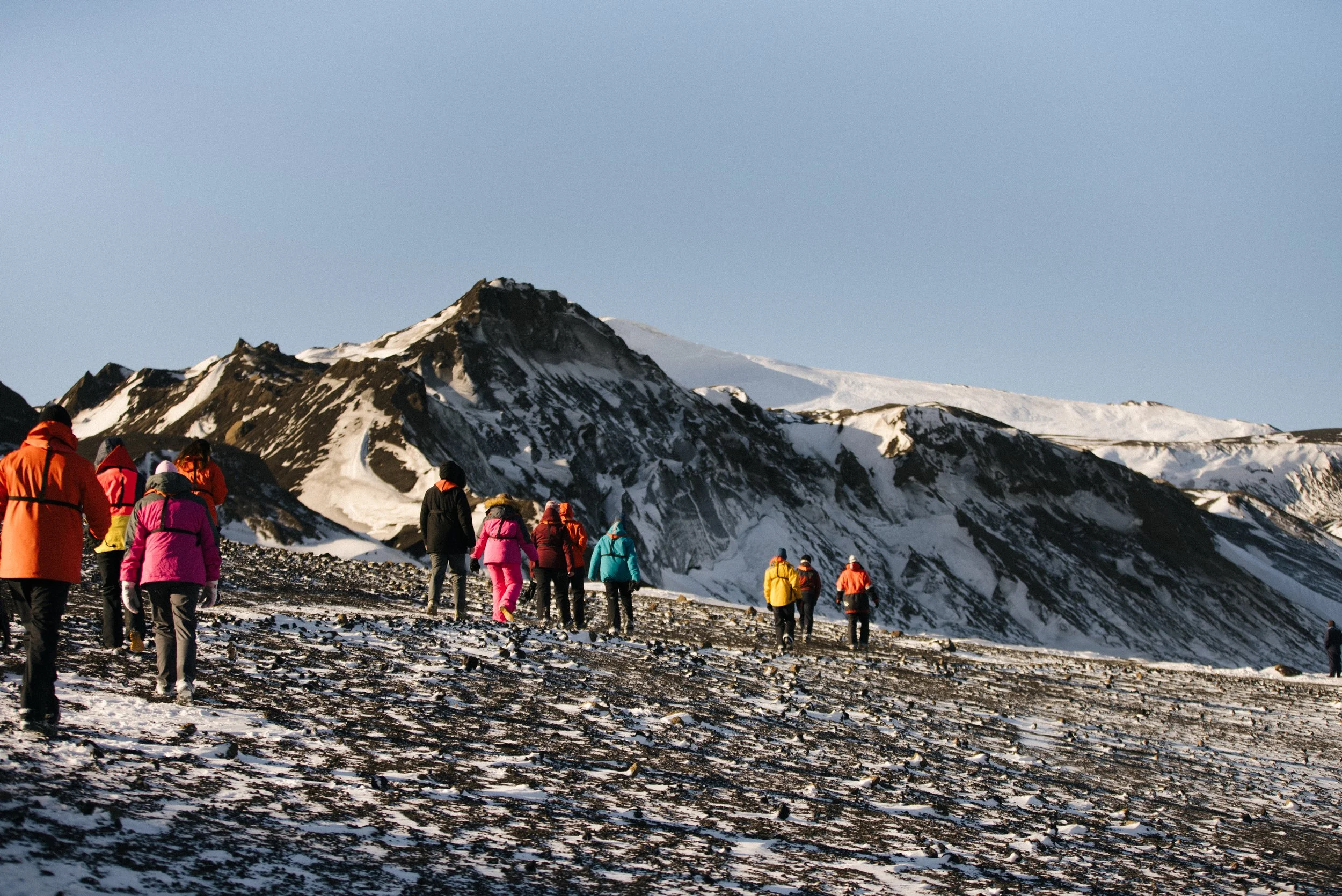Respecting Antarctica: IAATO Visitor Guidelines
Activities in Antarctica are governed by the Antarctic Treaty of 1959 and associated agreements, collectively known as the Antarctic Treaty System. The Treaty designates Antarctica as a zone of peace and scientific research.
In 1991, the Antarctic Treaty Consultative Parties adopted the Protocol on Environmental Protection to the Antarctic Treaty, which designates Antarctica as a natural reserve. The Protocol establishes environmental principles, procedures, and obligations to ensure the comprehensive protection of the Antarctic environment and its dependent and associated ecosystems.
This guidance for visitors to Antarctica is intended to ensure awareness of, and compliance with, the Treaty and Protocol. Visitors are also bound by national laws and regulations applicable to activities in Antarctica.
Protect Antarctic Wildlife
Taking or causing harmful interference with Antarctic wildlife is prohibited except under a permit issued by a national authority.
Avoid using aircraft, vessels, small boats, or other means of transport in ways that disturb wildlife, whether at sea or on land.
Do not feed, touch, handle, or approach birds or seals in ways that alter their behaviour. Exercise special care when animals are breeding or moulting.
Avoid damaging plants by walking, driving, or landing on extensive moss beds or lichen-covered scree slopes.
Do not use guns or explosives. Minimise noise to avoid frightening wildlife.
Do not bring non-native plants or animals into Antarctica, including live poultry, pet dogs and cats, or house plants.
Respect Protected Areas
Certain areas in Antarctica have special protection due to ecological, scientific, historic, or other values. Entry may be prohibited without a permit issued by an appropriate national authority.
Activities near designated Historic Sites and Monuments and other protected areas may be subject to restrictions.
Familiarise yourself with the locations of these protected areas and any related entry or activity restrictions.
Do not damage, remove, or destroy Historic Sites, Monuments, or associated artefacts.
Respect Scientific Research
Do not interfere with scientific research, facilities, or equipment.
Obtain permission before visiting Antarctic science and support facilities; reconfirm arrangements 24–72 hours prior to arrival; and follow all rules for such visits.
Do not disturb or remove scientific equipment or marker posts, and do not interfere with experimental study sites, field camps, or supplies.
Be Safe
Prepare for severe and changeable weather; ensure your equipment and clothing meet Antarctic standards. Remember, Antarctica is an inhospitable, unpredictable, and potentially dangerous environment.
Understand your capabilities and the risks posed by the Antarctic environment; plan activities with safety foremost.
Maintain a safe distance from all wildlife, both on land and at sea.
Follow advice and instructions from your leaders; do not stray from your group.
Do not walk on glaciers or large snowfields without proper equipment and experience due to the risk of hidden crevasses.
Do not expect a rescue service. Self-sufficiency and risk reduction depend on sound planning, quality equipment, and trained personnel.
Do not enter emergency refuges except in emergencies. If you use equipment or food from a refuge, inform the nearest research station or national authority once the emergency has passed.
Respect smoking restrictions, especially near buildings, and take great care to prevent fire, which is a serious hazard in Antarctica’s dry environment.
Keep Antarctica Pristine
Antarctica is the largest wilderness area on Earth and remains relatively pristine, untouched by large-scale human disturbances. Please help keep it that way.
Do not dispose of litter or garbage on land. Open burning is prohibited.
Do not disturb or pollute lakes or streams. Discarded materials at sea must be properly disposed of.
Do not paint, engrave names, or leave graffiti on rocks or buildings.
Do not collect or remove biological or geological specimens or man-made artefacts, including rocks, bones, eggs, fossils, and parts or contents of buildings.
Do not deface or vandalise buildings or emergency refuges, whether occupied, abandoned, or unoccupied.

